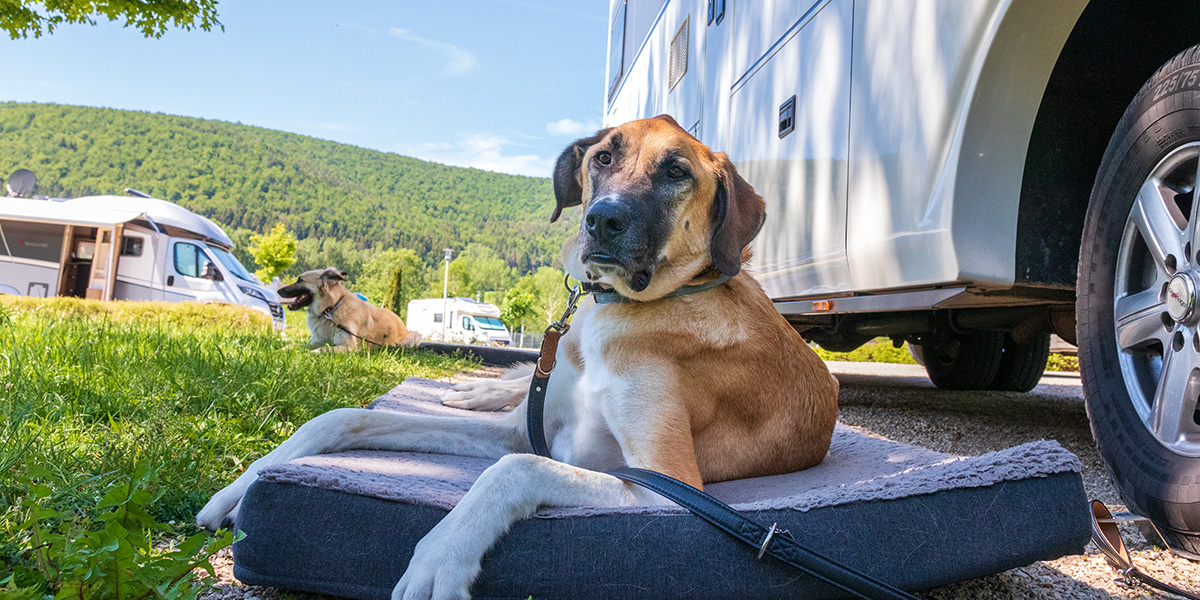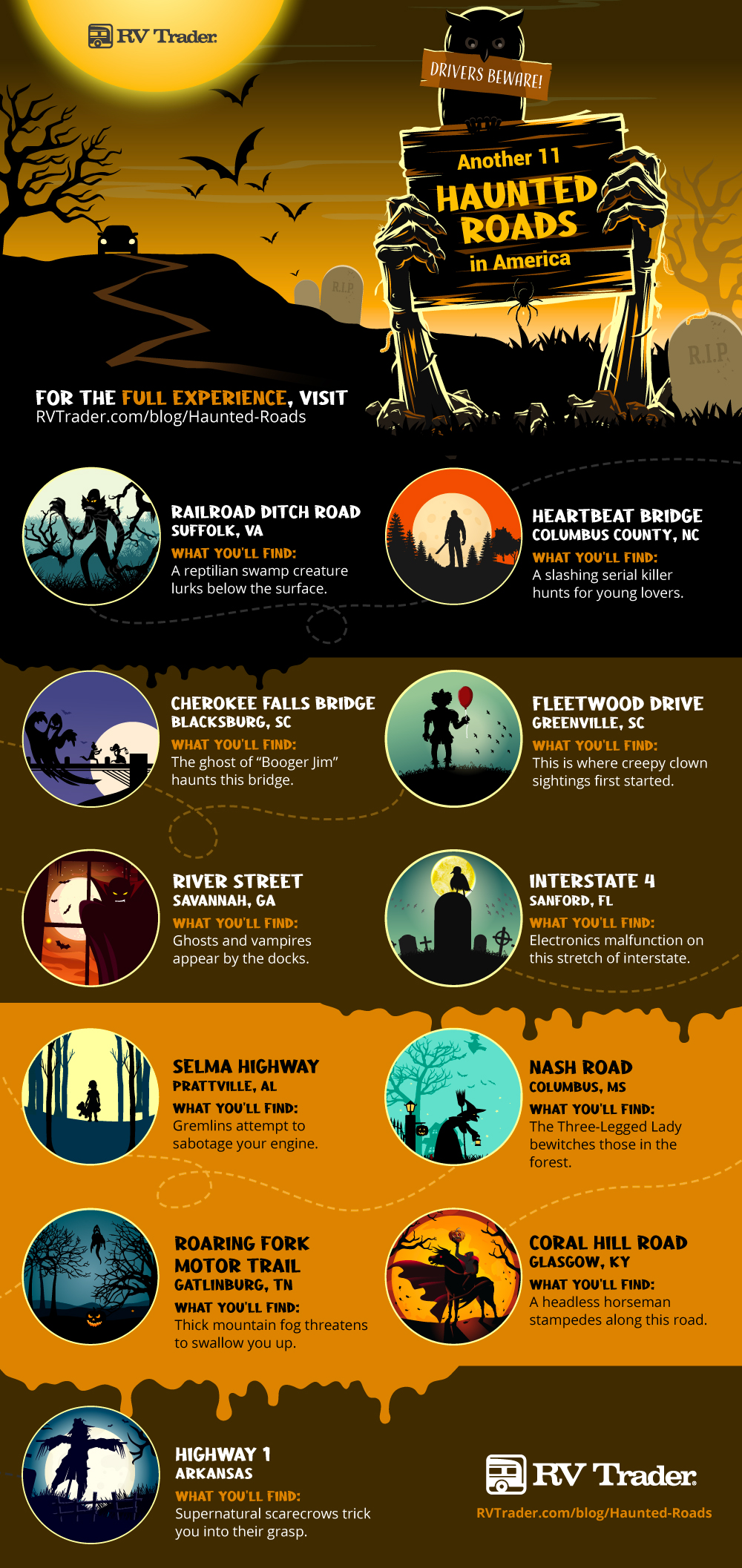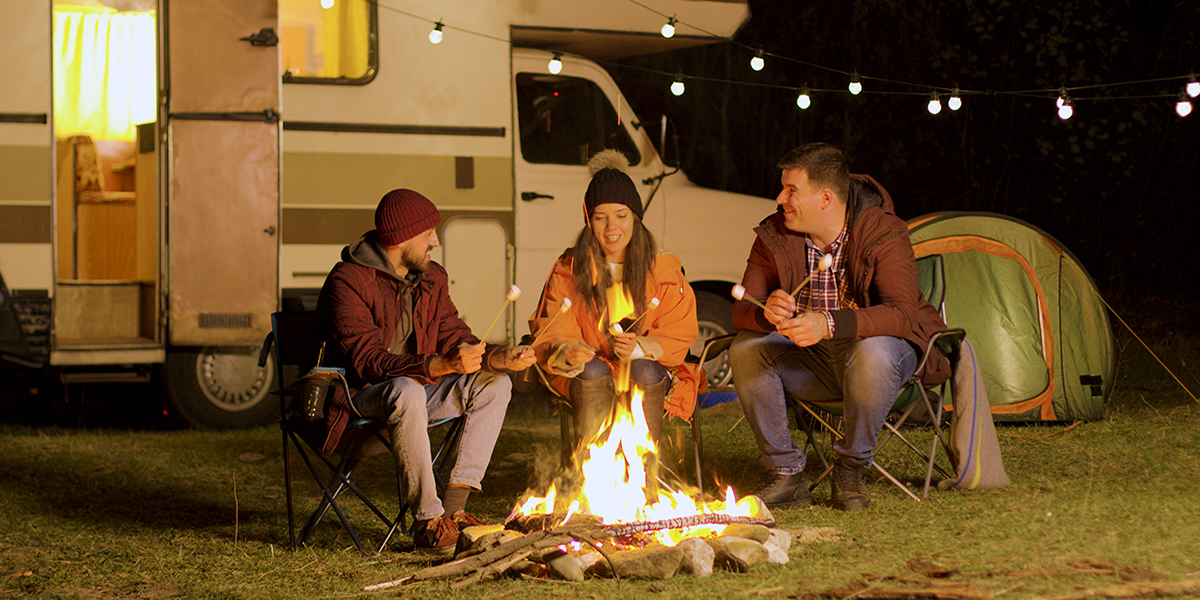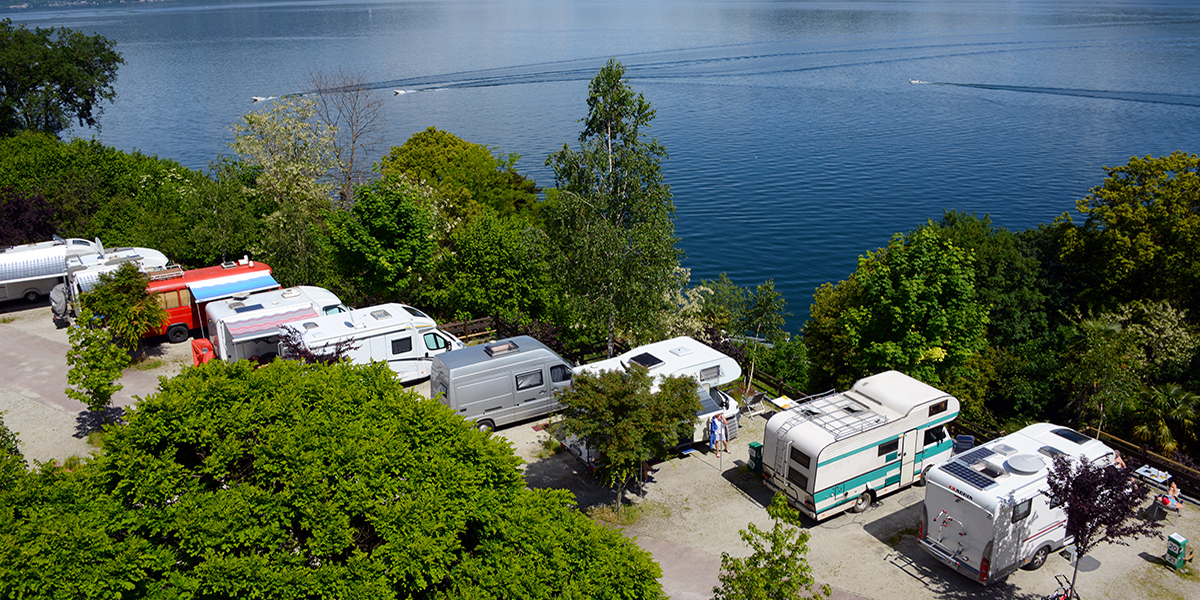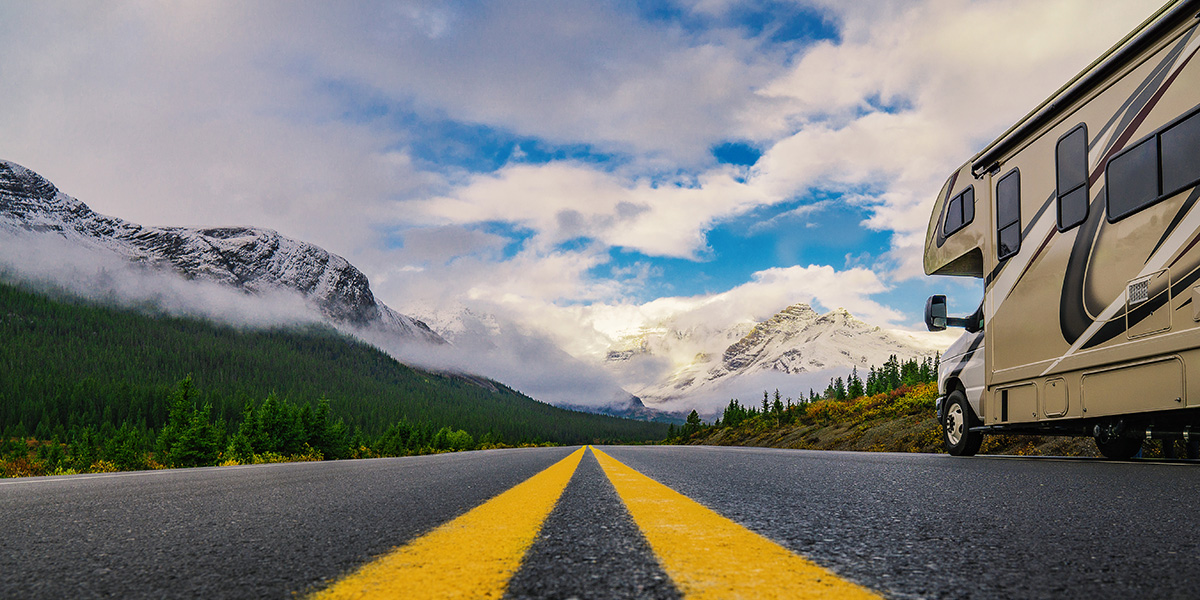The holidays are here! Spread some cheer this season by finding the perfect gift for the RVer in your life. With so many wishlists for family and friends, holiday shopping can be a lot to take on. Luckily, RV Trader is making buying presents easier with a holiday gift guide of our favorite things to wrap up and deliver to RVers this holiday season. Check out the image below, then keep scrolling for more details about each gift idea!
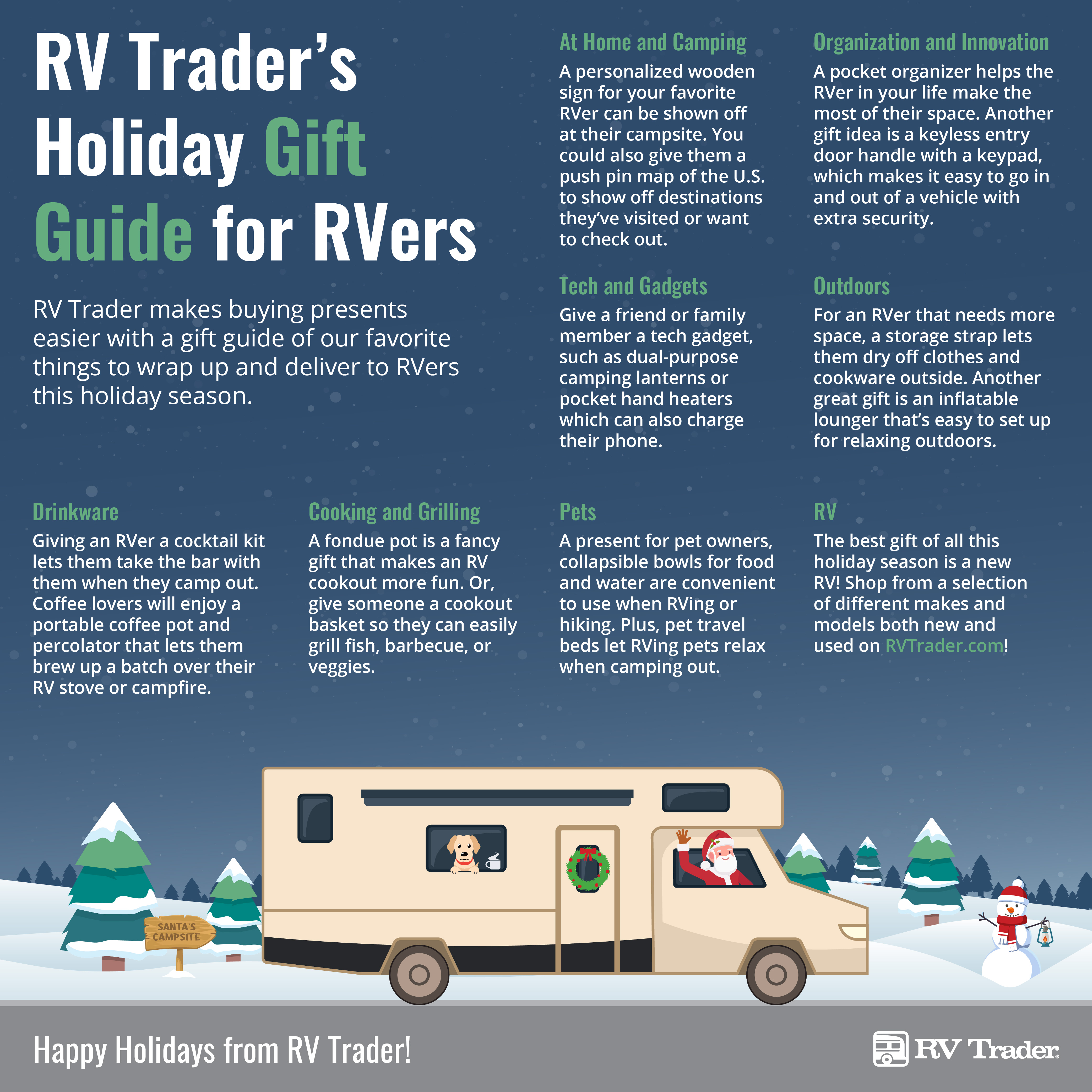
At Home and Camping
RV Sign: A personalized wooden sign for your favorite RVer can be shown off at their campsite and can be customized with engravings of a family name, an RV name, or even a name for the campsite. If you know someone RVing with a pet, you could also add a dog bone to this sign so their furry friend also feels at home!
Push Pin Map: Get this map of the United States for a friend or family member so they can put it up in their RV and add pins to all the destinations they’ve gone to or want to check out in the new year. They can add pins to national parks or RV campgrounds.
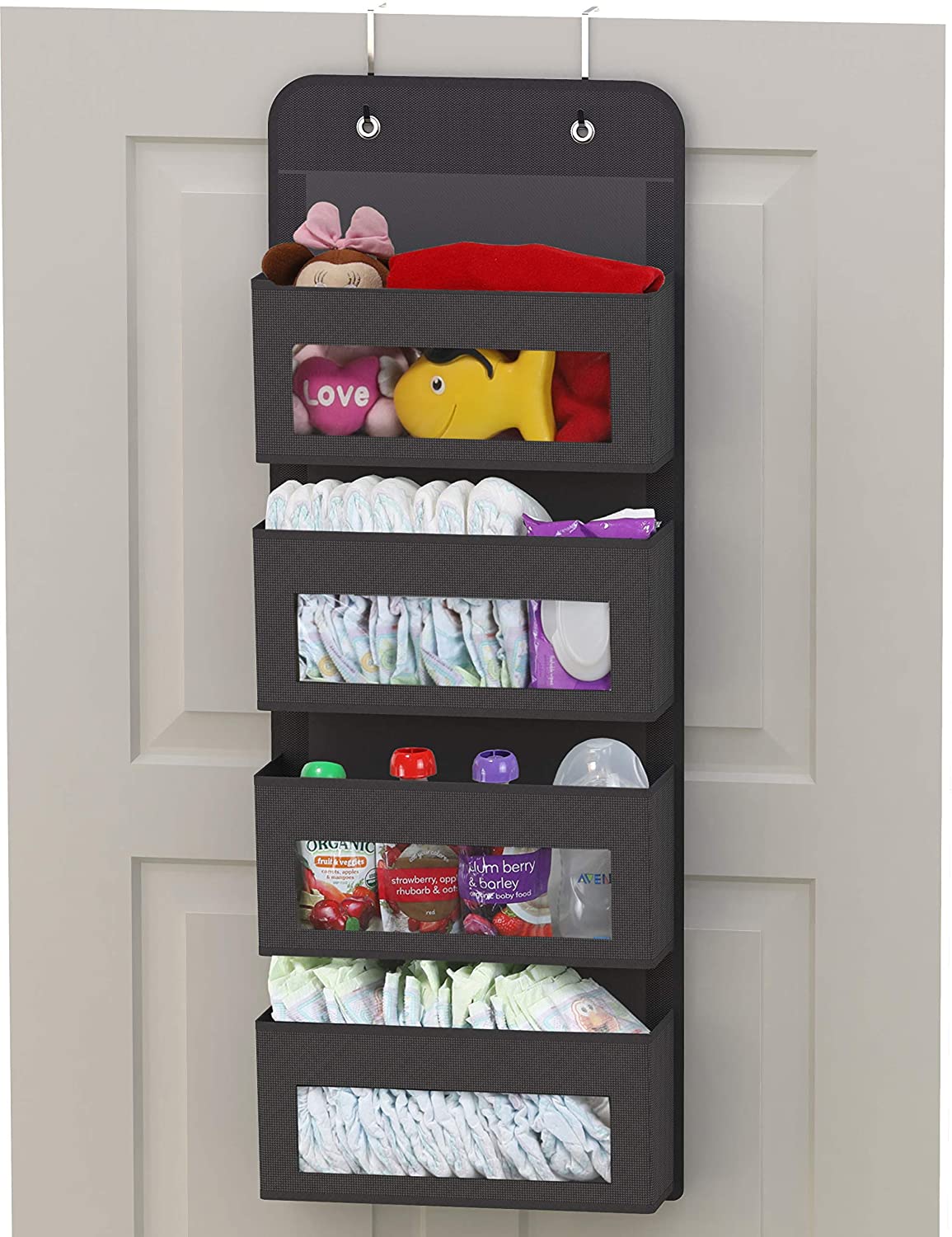
Organization and Innovation
Pocket Organizer: Over the door or mounted to the wall, a pocket organizer really helps the RVer in your life make the most of their space in an RV. They can use it for kitchenware, gadgets, and RV accessories.
Keyless Entry Door Handle with Keypad: This gift makes it easy for your favorite RVers to go in and out of their RV. Plus, the gift provides a little extra security for their vehicle. This device is easy to install and comes with a programmable code.
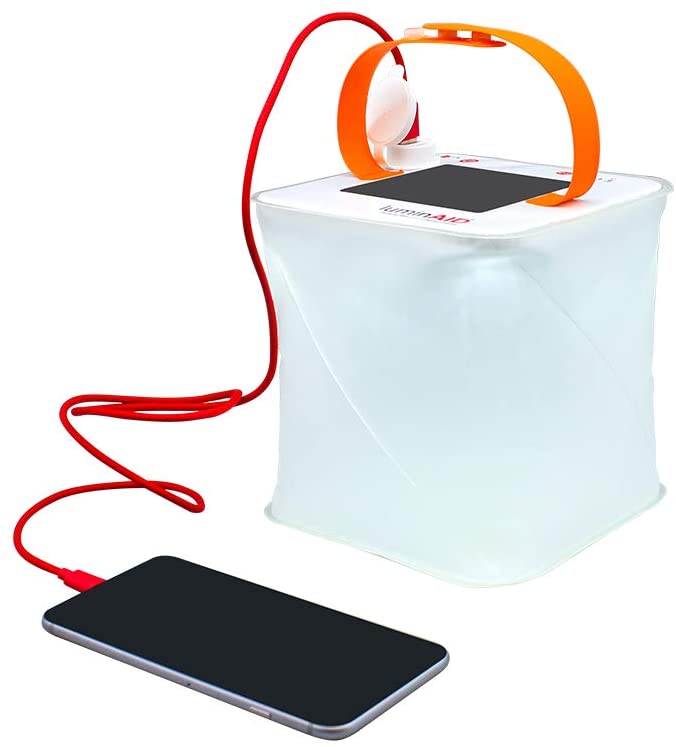
Tech and Gadgets
Camping Lantern and Phone Charger: This creative camping lantern and phone charger brightens up a camping space while recharging batteries. It’s inflatable, easy to pack, and uses outdoor sunlight to power its battery.
Rechargeable Pocket Heater: This pocket-sized gadget will keep your friend or family member’s hands warm in some of the coldest conditions this winter. It comes with three different heat settings, has a rechargeable battery, and can be used as a backup charger for mobile devices.
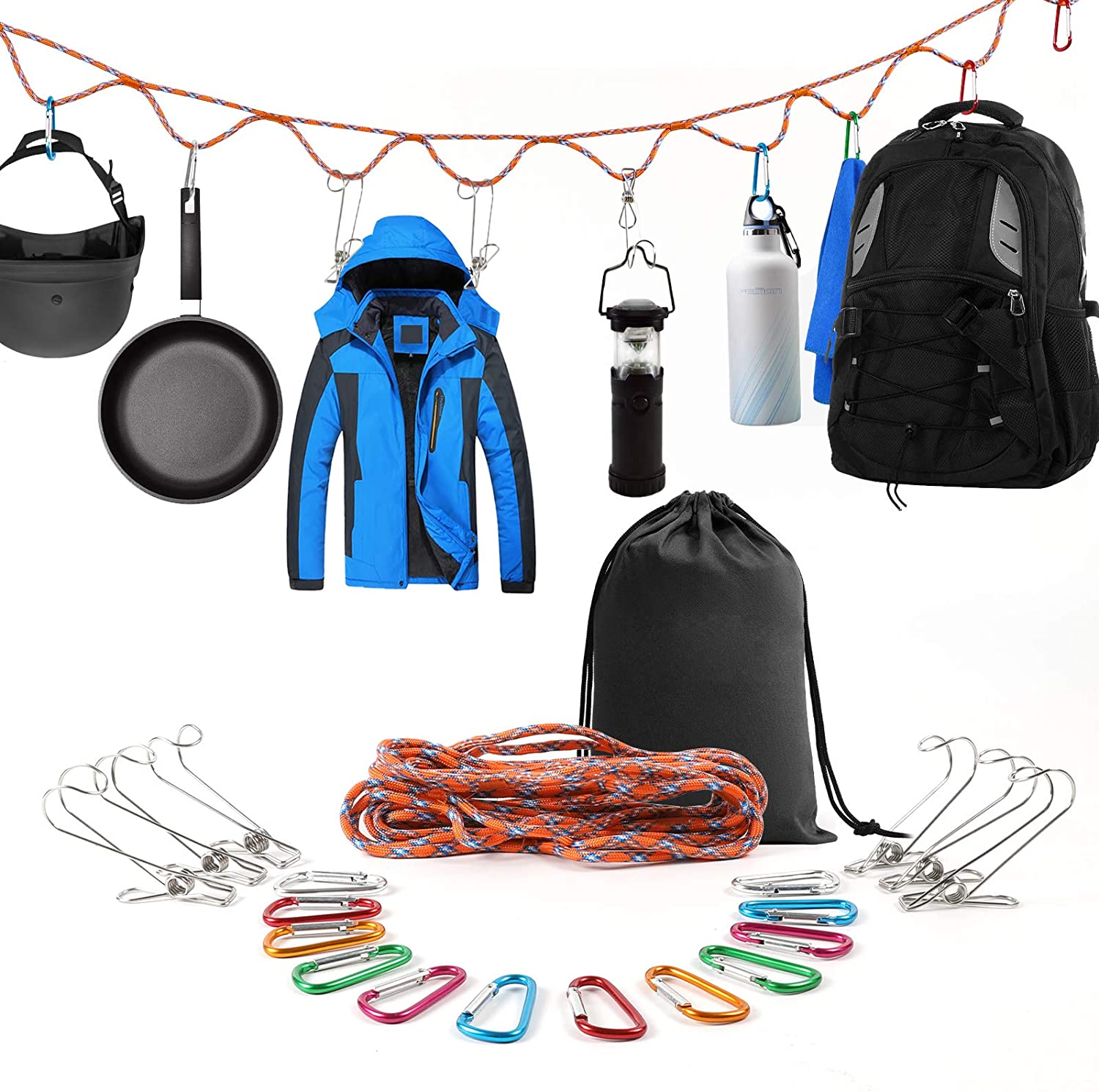
Outdoors
Campsite Storage Strap: This can be a really useful gift for the RVers in your life when they’re in need of a little extra storage space. They can set up this storage strap along their RV or between trees at a campground to dry off clothes and cookware.
Inflatable Lounger: Give this lounger with a headrest to a family member or friend so they can lounge out by their RV or the campfire. Easy to set up, all they have to do is add some air, kick back, and relax.

Cooking and Grilling
Fondue Pot: Sure, s’mores are a campground classic, but a fondue pot for your favorite RVer is a glamorous improvement to cooking out. This stainless steel electric pot is great for chocolate, caramel, cheese, and sauces, making RV get-togethers even more special.
Cookout Basket: If you know someone that is all about cooking and eating outside when they camp with their RV, a cookout basket is a great gift idea. This makes it simple to throw some fish, barbecue, or even veggies over a fire or grill.

Drinkware
Cocktail Kit: Especially for those RV glampers out there, a cocktail kit mixes things up in a fun way. This water-resistant travel bar comes with pockets to store bottles, shakers, and barware.
Camping Coffee Pot and Percolator: A great gift for coffee lovers, this lets them quickly brew up a batch of coffee over their RV stove or a campfire. All they have to do is add water, coffee, heat it up, and it’s ready to go.
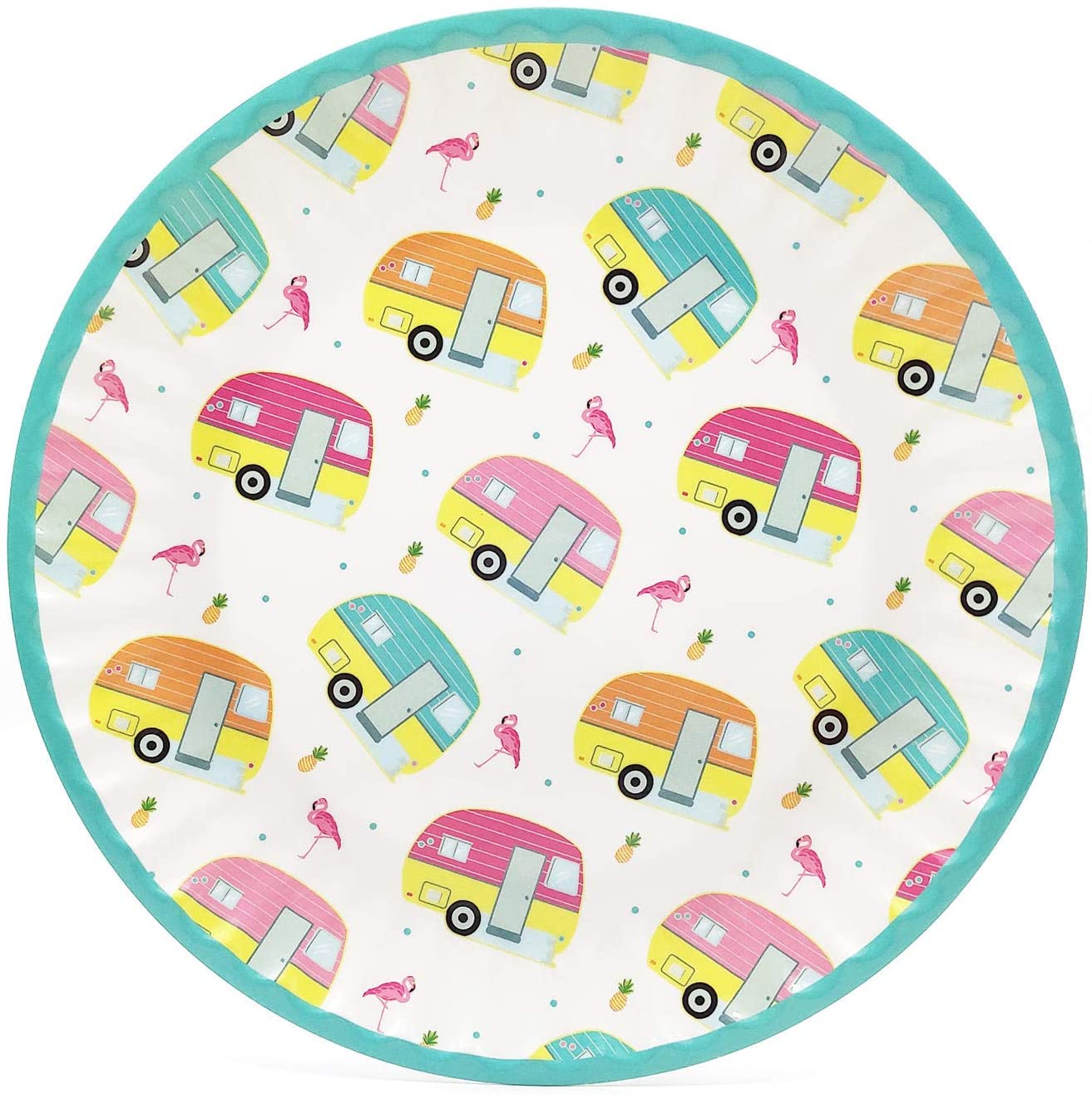
Kitchen
RV Dinner Plates: It’s nice to cozy up for a warm meal in an RV with family or friends. RV-themed plates are a pleasant accent for the RV lifestyle, and they’re also shatter proof and dishwasher-friendly.
RV Bottle Opener: Maybe it’s a little kitsch, but we still think it’s a cool gift. Help the RVer in your life crack open their favorite drinks, keeping it readily available on their fridge with its magnet attachment.
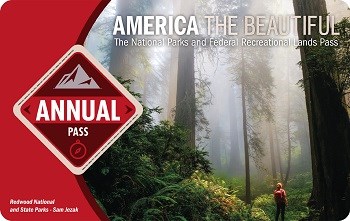
Subscriptions and Memberships
America the Beautiful Passes: This is a ticket to more than 2,000 recreation sites across the country! With this pass, your favorite RVer can explore national parks and national wildlife refuges, plus it covers day-use fees when visiting national forests and grasslands.
FMCA Membership: This membership is an essential for dedicated RVers! A Family Motor Coach Association membership provides unique discounts for RV purchases and services, education and insight for RVing, and provides connections with a community of RVers.

Novelty
Customized RV Ornament: This is a nice little gift for your RVing friend or family member to put up on a Christmas tree. Choose a style of RV and then have their name engraved on this wooden ornament.
RV Checklist: Prepping and taking care of an RV for a trip doesn’t have to be a chore for the RVer in your life. This RV Checklist can be personalized with tasks and reminders for what needs to be taken care of before they hit the road.
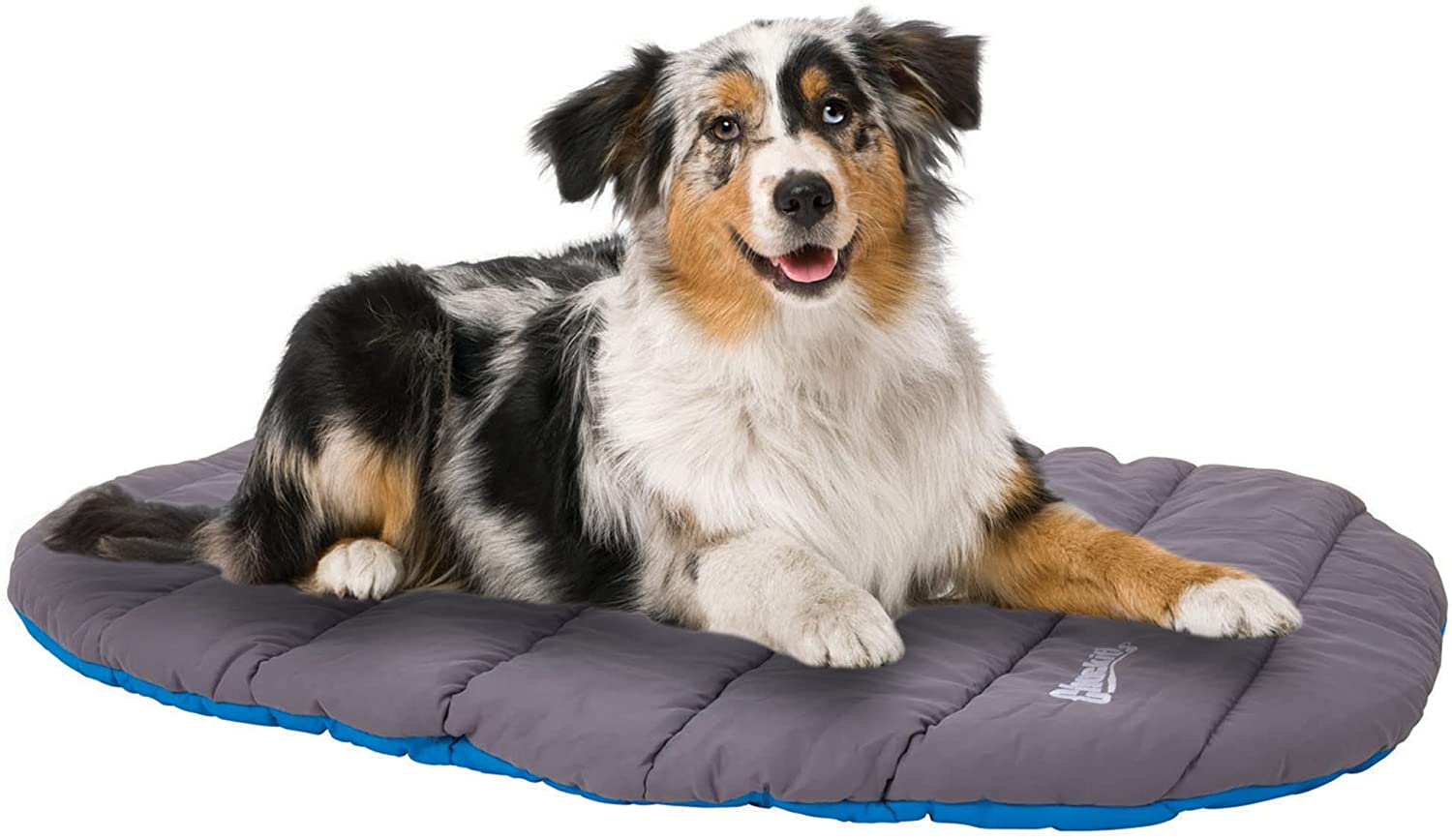
Pet
Collapsible Bowls: A gift for pet owners, they can use these convenient collapsible bowls for their hungry and thirsty pets. They can simply clip them to a bag or gear when they’re out with a pet on a hiking trail.
Travel Bed: Pets should be able to relax when camping out. These beds are water resistant so they can be used outdoors, and they’re easy to clean when pets make a big mess.

Kids
Little Explorers on Board: You’ve seen “Baby On Board” stickers on cars, right? Well this one made for an RV family! Your favorite RVer can place this vinyl decal for “Little Explorers on Board” on their vehicle and go have an RV adventure.
Camping Activity Journal: Kids can fill the pages of this interactive journal with drawings and fun memories from their camping trips. This illustrative journal includes camping bingo, charades, scavenger hunts, drawings, and a word search.
RV
Of course the best gift of all this holiday season is a new RV! Surprise someone special with their next vehicle. Shop from a selection of different makes and models both new and used on RVTrader.com!
Happy holidays from RV Trader! We hope the new year brings you more exciting RV adventures.
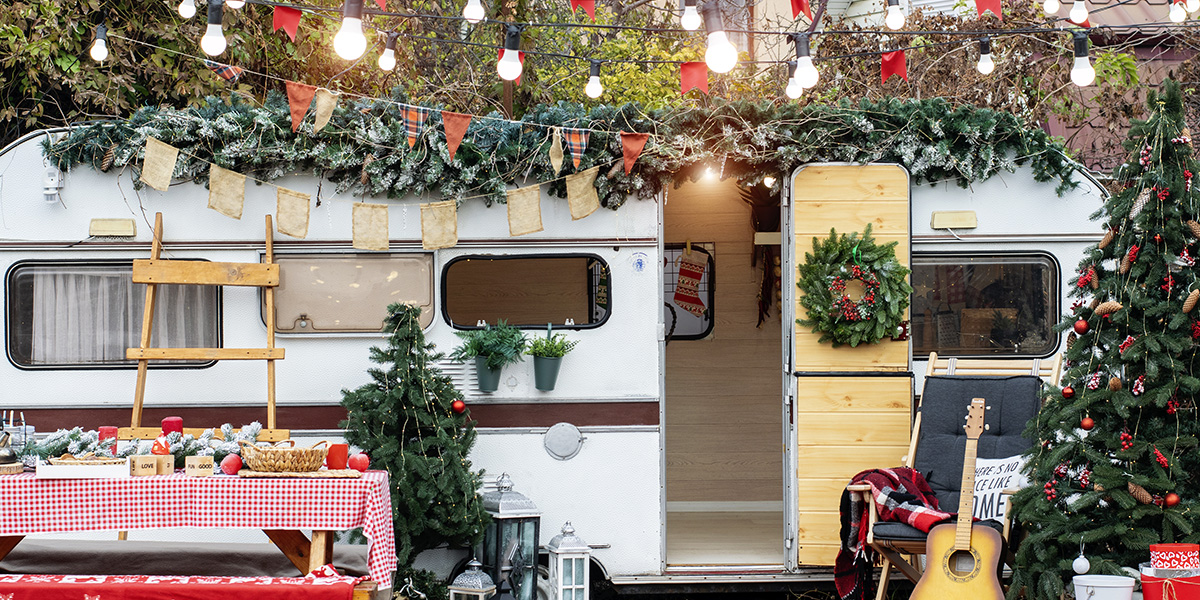

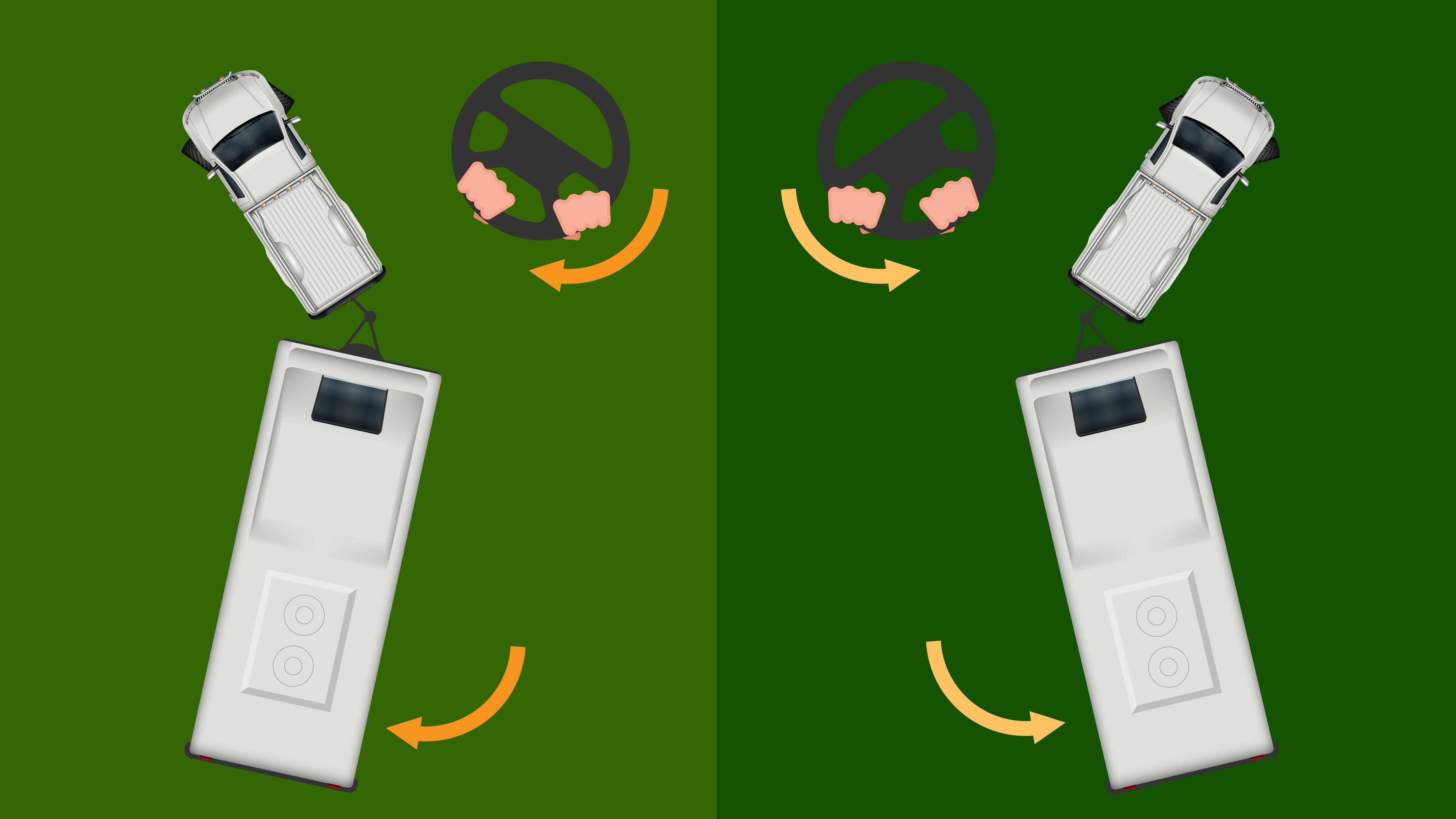

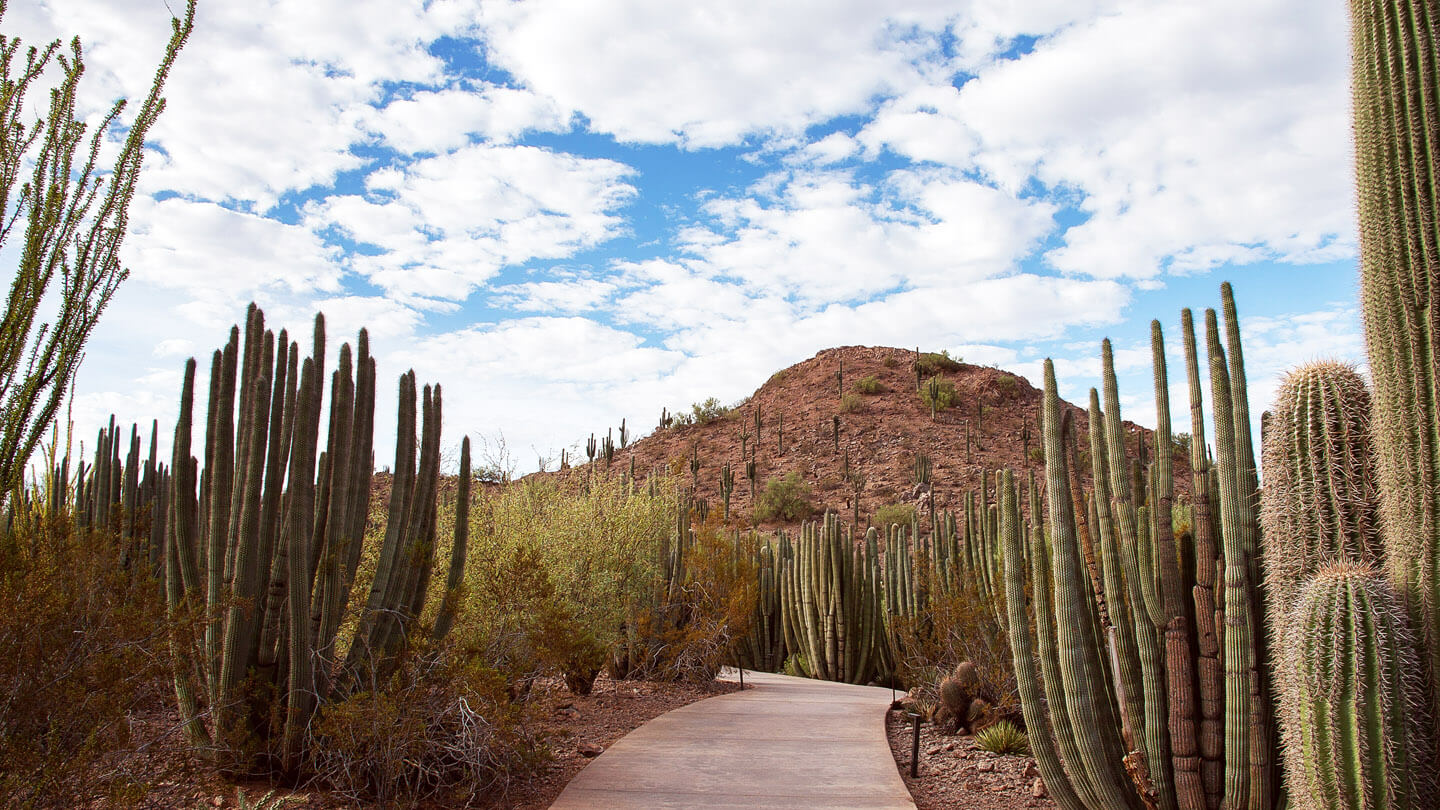






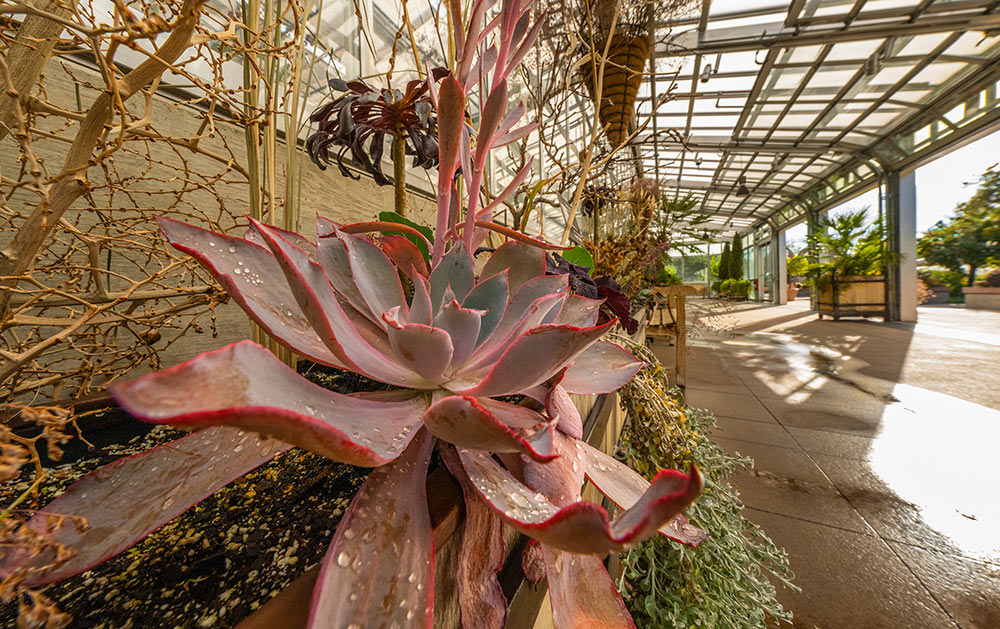


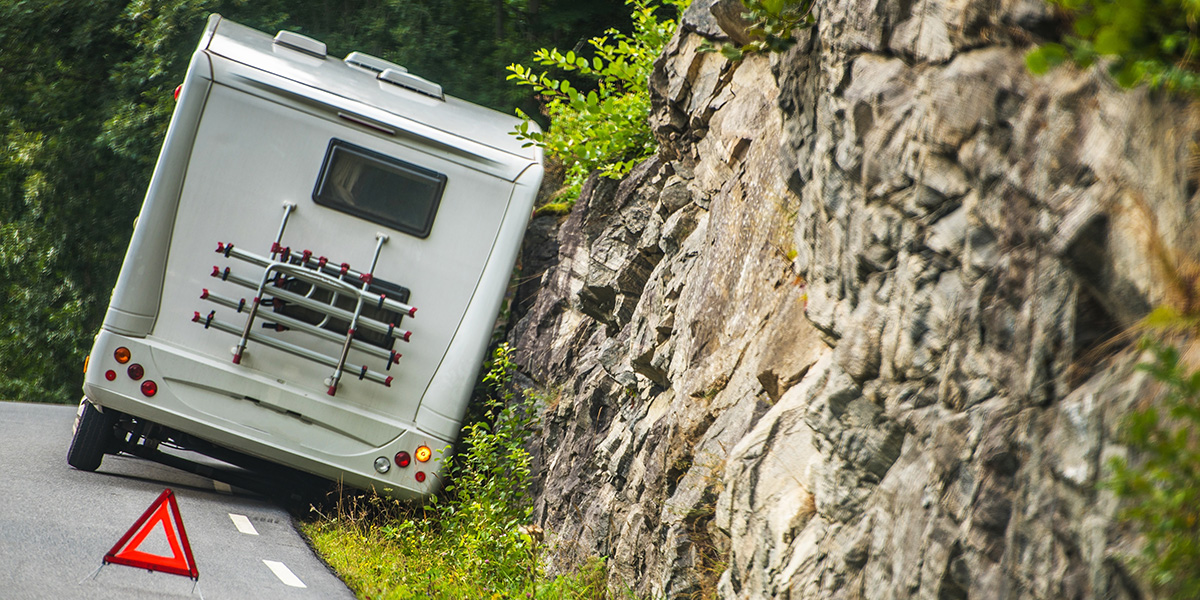
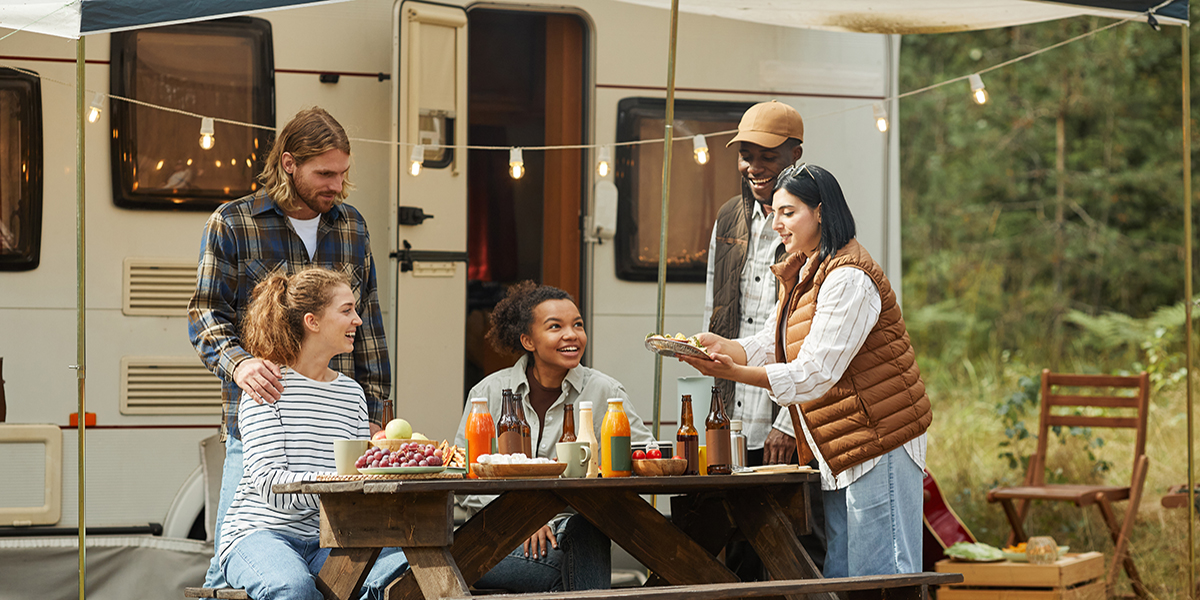
 FMCA
FMCA